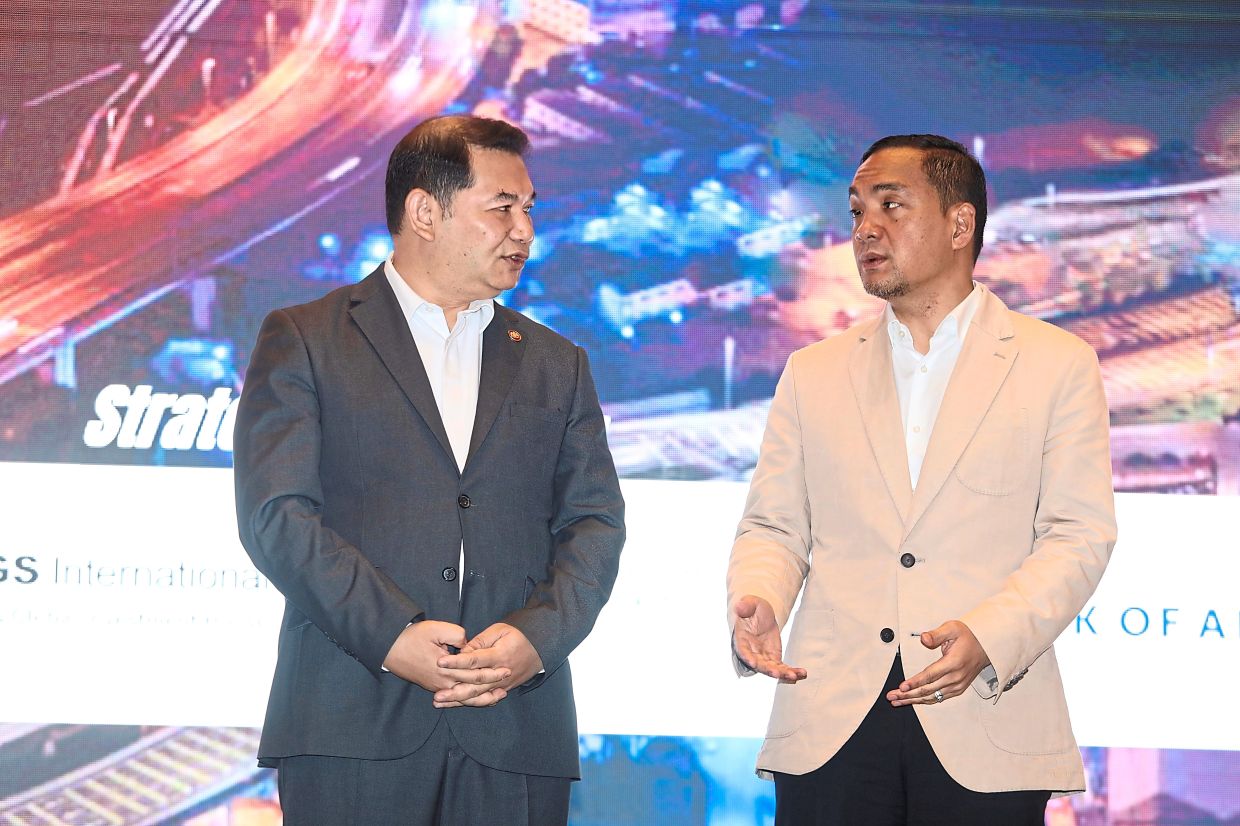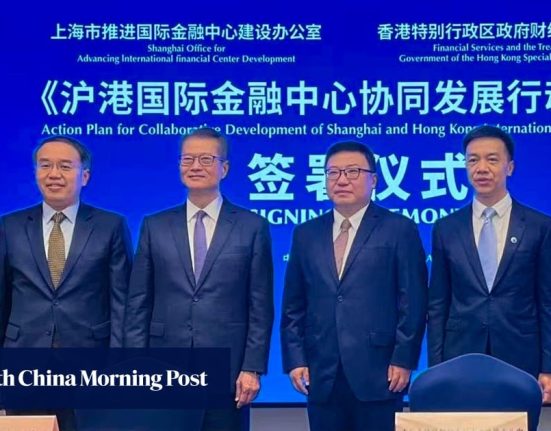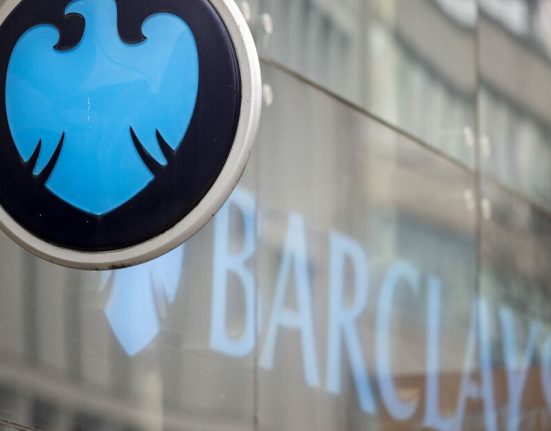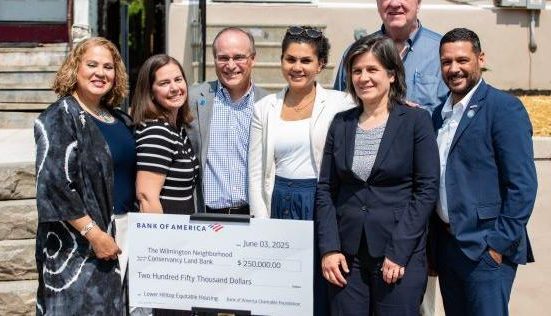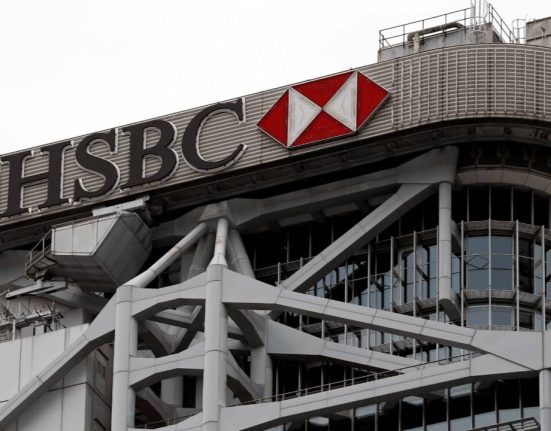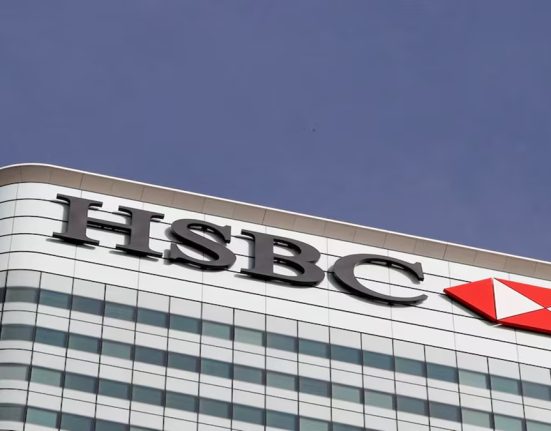Six major financial institutions roped in to support investment growth
KUALA LUMPUR: Six major financial institutions – both local and international – have been roped in to support investment growth in the Johor-Singapore Special Economic Zone (JS-SEZ).
The six are Bank of America, HSBC, Sumitomo Mitsui Banking Corporation, CGS International Securities, Maybank and CIMB.
Economy Minister Datuk Seri Rafizi Ramli said strategic partnerships were forged with the banks to galvanise private sector involvement and anchor capital flows within the zone.
He said the ties with local banks and those from the West and East would reinforce investor confidence and accelerate economic activity.
“From the West, we have the likes of Bank of America and HSBC. From the East, we have Sumitomo Mitsui Banking Corporation and CGS International Securities.
“Maybank and CIMB round out the list of six,” he said in his speech at the JS-SEZ Partners Dialogue: Advancing Facilitation held here yesterday.
Also present was Johor Mentri Besar Datuk Onn Hafiz Ghazi.
Rafizi said the government will also launch the JS-SEZ Blueprint – which would serve as a one-stop reference document for investors, policymakers and the public – by the end of this year.
Malaysia and Singapore have, for the first time, agreed to establish a joint task force to explore the framework for the special economic zone.
The two nations signed a Memorandum of Understanding (MoU) in January and set a two-year timeline to finalise the agreement.
Singapore is currently Johor’s second largest foreign investor, contributing approximately 70% of the state’s total foreign direct investment (FDI) in the manufacturing sector.
Rafizi said the true measure of JS-SEZ’s success lies not in signing agreements, but in delivering implementation.
The implementation of the JS-SEZ, he said, would rest on four key pillars.
The first focuses on financing support for strategic sectors such as the green economy, digital innovation and creative industries.
The second and third pillars involve promotion and stakeholder engagement, leveraging the global networks of partner banks.
Rafizi said this includes outreach through corporate bankers and private wealth advisors to showcase opportunities to multinational corporations (MNCs), private equity firms, family offices and individual investors.
The fourth pillar centres on research and market intelligence, including regular economic outlook reports, market analyses and sector-specific insights to inform policy development.
Meanwhile, the Johor state government is confident that it will surpass RM50bil in investments by the end of 2025, beating the RM48.5bil record set last year.
Onn Hafiz attributed this optimism to the strong investor response to the JS-SEZ, which has evolved from a policy concept into a functioning driver of economic transformation.
“This is not just growth. This is momentum with meaning. This is proof that the JS-SEZ is working as a real engine of investment attraction and economic transformation,” he said.
In the first quarter of 2025 alone, Johor recorded RM27.4bil in approved investments, a volume that took nine months to achieve in 2024. Another RM23bil in potential investments is expected to be finalised by the end of this quarter.
In February, Onn Hafiz said the state government, in collaboration with federal ministries and agencies, launched the Invest Malaysia Facilitation Centre-Johor (IMFC-J) as a one-stop centre to streamline investor processes in the JS-SEZ.
“In just over two months, IMFC-J has received more than 300 investor enquiries, with 100 focused on the Forest City Special Financial Zone alone,” he said.
So far, five major projects worth RM16.5bil have been fully facilitated through IMFC-J, with processing times shortened from three months to as little as one day.
Active negotiations are also ongoing with 47 investors involving potential investments totalling RM40.1bil, he added.

